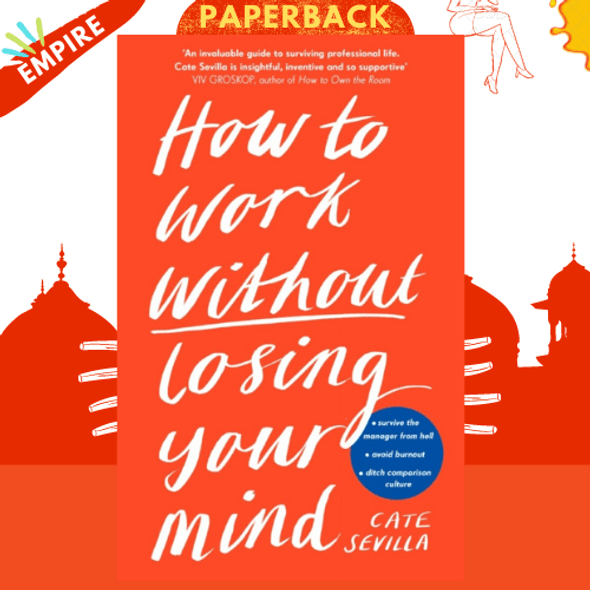Description
In Losing Eden, Lucy Jones explains why human beings have a powerful and fundamental need—mental, spiritual, and physical—for the natural world, the profound impact this has on our consciousness and ability to heal the soul and bring solace to the heart, and the cutting-edge scientific evidence proving nature as nurturer.
“Fascinating. The connection between mental health and the natural world turns out to be strong and deep—which is good news in that it offers those feeling soul-sick the possibility that falling in love with the world around them might be remarkably helpful.” —Bill McKibben
Lucy Jones interweaves her deeply personal story of recovery from addiction and depression with that of discovering the natural world and how it aided and enlivened her progress, giving her a renewed sense of belonging and purpose.
Jones writes of the intersection of science, wellness, and the environment, and reveals that in the last decade, scientists have begun to formulate theories of why people feel better after a walk in the woods and an experience with the natural world. She describes the recent data that supports evidence of biological and neurological responses: the lowering of cortisol (released in response to stress), the boost in cortical attention control that helps us to concentrate and subdues mental fatigue, and the increase in activity in the parasympathetic nervous system, slowing the heart and allowing the body to rest.
“Beautifully written, movingly told and meticulously researched. An elegy to the healing power of nature. A convincing plea for a wilder, richer world.” —Isabella Tree, author of Wilding
Number of pages: 272
Dimensions: 198 x 129 x 15 mm
“Fascinating. The connection between mental health and the natural world turns out to be strong and deep—which is good news in that it offers those feeling soul-sick the possibility that falling in love with the world around them might be remarkably helpful.” —Bill McKibben
Lucy Jones interweaves her deeply personal story of recovery from addiction and depression with that of discovering the natural world and how it aided and enlivened her progress, giving her a renewed sense of belonging and purpose.
Jones writes of the intersection of science, wellness, and the environment, and reveals that in the last decade, scientists have begun to formulate theories of why people feel better after a walk in the woods and an experience with the natural world. She describes the recent data that supports evidence of biological and neurological responses: the lowering of cortisol (released in response to stress), the boost in cortical attention control that helps us to concentrate and subdues mental fatigue, and the increase in activity in the parasympathetic nervous system, slowing the heart and allowing the body to rest.
“Beautifully written, movingly told and meticulously researched. An elegy to the healing power of nature. A convincing plea for a wilder, richer world.” —Isabella Tree, author of Wilding
Number of pages: 272
Dimensions: 198 x 129 x 15 mm






